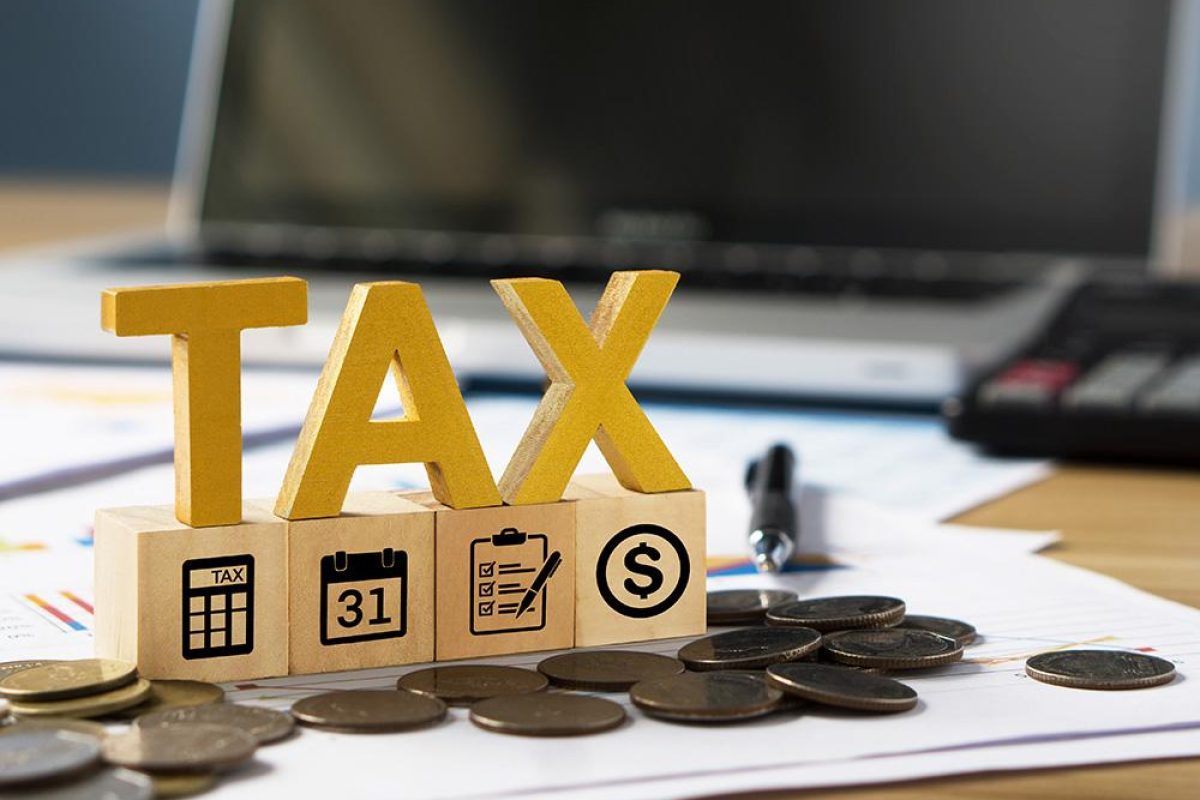For businesses considering expansion or operation in Colombia, understanding the country’s tax structure is essential for compliance and effective financial management. This guide offers key insights into Colombia’s tax framework, including corporate taxes, individual income taxes, VAT, and other contributions that may impact both local and international companies. This information is particularly valuable for businesses using Employer of Record (EOR) or Professional Employer Organization (PEO) services to ensure smooth tax management in Colombia.
1. Corporate Income Tax (CIT)
The corporate income tax rate in Colombia is currently set at 35% for most businesses. However, tax reforms proposed by the government aim to reduce this rate to 30% starting in 2025. Non-resident companies are generally taxed only on income sourced within Colombia.
| Corporate Tax Rate | Rate (%) | Details |
|---|---|---|
| Standard CIT Rate | 35% | Applied to resident companies on all profits. |
| Non-Resident Companies | 35% | Taxed only on Colombian-sourced income. |
Key CIT Compliance Factors:
- Resident Corporations: Taxed on worldwide income.
- Non-Resident Corporations: Taxed only on income derived from Colombia. If a company has a Permanent Establishment (PE) in Colombia, income generated through the PE is subject to local tax.
Tax Deductions & Incentives:
- R&D Tax Incentives: Companies investing in R&D activities may qualify for deductions.
- Export Incentives: Certain businesses involved in export activities may benefit from tax exemptions.
2. Individual Income Tax (PIT)
Colombia’s Individual Income Tax (PIT) is progressive, with rates ranging from 0% to 39%. Individuals are taxed based on their annual income, with various deductions available, including for dependents, education, and medical expenses.
| Income Range (COP) | Tax Rate (%) | Details |
|---|---|---|
| Up to COP 1,090,000 | 0% | Exempt from taxation. |
| COP 1,090,001 – 2,190,000 | 19% | Moderate income range. |
| COP 2,190,001 – 4,580,000 | 28% | High-income bracket. |
| Over COP 4,580,000 | 39% | Highest income bracket. |
Key PIT Compliance:
- Tax Deductions: Individuals can claim deductions for dependents, healthcare, and education expenses.
- Expatriates: Foreign nationals may be eligible for exemptions or reduced rates depending on their residency status.
3. Value Added Tax (VAT)
The Value Added Tax (VAT) in Colombia is 19% on most goods and services. However, some essential items, such as food and healthcare products, are either exempt or subject to reduced rates.
| VAT Rate | Rate (%) | Applicable Goods/Services |
|---|---|---|
| Standard VAT Rate | 19% | Most goods and services. |
| Reduced Rate | 5% | Food and some essential items. |
| Exempted Items | N/A | Medical and financial services. |
Key VAT Compliance:
- VAT Registration: Businesses with annual turnover exceeding COP 163,000,000 (around USD 42,000) must register for VAT.
- Filing: VAT returns must be filed monthly, except for small businesses that may file quarterly.
4. Withholding Tax
Colombia applies withholding tax on various payments made to non-residents, such as dividends, royalties, and interest. These rates may be reduced under bilateral tax treaties.
| Income Type | Withholding Tax Rate | Notes |
|---|---|---|
| Dividends | 10% | May be reduced under tax treaties. |
| Interest | 15% | Reduced rates apply depending on the country. |
| Royalties | 20% | Dependent on the specific tax treaty. |
5. Social Security Contributions
Social security contributions in Colombia cover pensions, health insurance, and labor risks. Employers and employees each contribute to these programs.
| Contribution Type | Employer Contribution | Employee Contribution | Coverage |
|---|---|---|---|
| Pensions | 12% | 4% | Pension fund |
| Health Insurance | 8.5% | 4% | Medical coverage |
| Labor Risks (ARL) | 0.522% – 1.044% | N/A | Work-related accident coverage |
Filing and Payment Deadlines:
- Contributions are typically due on a monthly basis, with payments to be made by the 10th day of the following month.
6. Business Tax Incentives
Colombia offers several incentives to encourage business investment and development, particularly in specific sectors:
| Incentive | Benefit | Details |
|---|---|---|
| R&D Tax Credits | Reduces tax liability | Companies in tech and innovation sectors can claim deductions for R&D investments. |
| Green Energy Incentives | Deductions and credits | Businesses investing in renewable energy may benefit from tax exemptions. |
| Export Incentives | Tax exemptions | Businesses involved in export activities may be eligible for tax benefits. |
7. Additional Considerations
Tax Residency:
- Corporate Tax Residency: A company is considered a tax resident of Colombia if it is incorporated in Colombia or if it has its center of management in Colombia.
- Individual Tax Residency: An individual is considered a tax resident if they stay in Colombia for more than 183 days during a calendar year.
Filing Deadlines:
- Corporate Tax Returns: Typically due by April 9th of the following year.
- Individual Tax Returns: Due by August 19th of the following year.
Penalties for Late Filing:
- Late filing may result in penalties of up to 20% of the tax owed.
- Interest on late payments is calculated based on the Colombian Central Bank’s rates.
GlobainePEO – Your Partner in Colombian Tax Compliance
At GlobainePEO, we help businesses navigate Colombia’s tax regulations, ensuring compliance with corporate tax, payroll taxes, VAT, and more. Let us handle the complexities so you can focus on growing your business in Colombia’s dynamic market.

